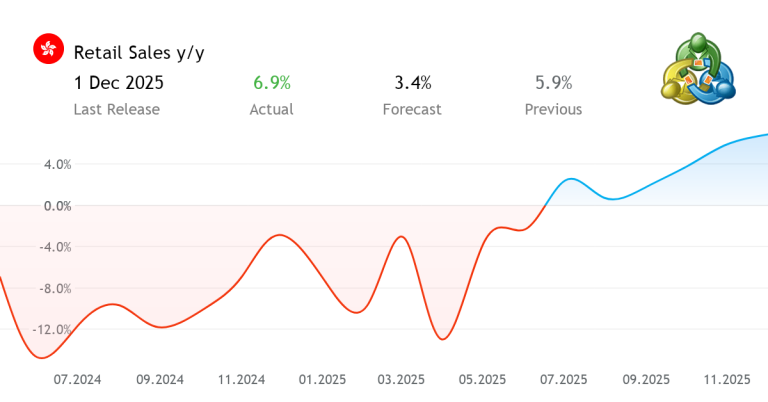Hong Kong’s Transport Department is set to implement a comprehensive new vehicle registration and licensing regime that will significantly impact vehicle owners starting December 22, 2025. This regulatory change aims to address long-standing issues of vehicle abandonment and strengthen oversight of unlicensed vehicles.
Under the new rules, vehicle owners will face more stringent responsibilities, even for vehicles not currently licensed for road use. Owners of vehicles unlicensed for two years or more will receive official notices requiring them to take action within three months. The available options include renewing the vehicle license, canceling registration after scrapping the vehicle, or permanently removing the vehicle from Hong Kong.
The consequences of non-compliance are substantial. First-time offenders could face fines up to $10,000 and potential imprisonment of three months. Repeat offenders may encounter even more severe penalties, with maximum fines increasing to $25,000 and imprisonment extending to six months.
Recognizing that vehicle owners might encounter genuine challenges, the Transport Department has built flexibility into the new regime. Exemptions will be available for specific scenarios, such as vehicles awaiting spare parts, classic cars stored as part of a private collection, or vehicles held by car dealers for consignment and sale. However, it’s crucial to understand that an exemption does not absolve owners of their legal responsibilities – the vehicle remains registered under their name.
The department has also implemented proactive communication strategies to help owners stay compliant. Since the previous December, they have been sending SMS and email reminders about upcoming or expired vehicle licenses. Vehicle owners can leverage the e-Licensing Portal to manage their licensing matters and check expiry dates, making compliance more accessible.
From an insurance perspective, these changes carry significant implications. Many insurance products require valid vehicle registration and licensing to maintain active coverage. Owners of unlicensed vehicles, even those granted exemptions, should carefully consult their insurance providers to confirm policy validity. There’s a potential risk of coverage limitations or exclusions, particularly for incidents involving non-compliant vehicles.
The new regulations may also prompt vehicle owners to reconsider their approach to vehicle maintenance and disposal. Insurance products offering roadside assistance, stored vehicle coverage, or vehicle disposal support could become increasingly relevant. Car collectors, dealers, and owners with vehicles in long-term storage should pay special attention to how these changes might affect their insurance needs.
For those seeking more information, the Transport Department has provided a dedicated contact number (2804 2600) to address enquiries about the new licensing regulations. Proactive communication and understanding are key to navigating these changes successfully.
While the regulatory changes might seem complex, the underlying message is straightforward: vehicle ownership comes with ongoing responsibilities. Owners must remain vigilant about licensing status, insurance coverage, and legal compliance. By staying informed and taking timely action, vehicle owners can avoid potential legal and financial complications.
The new regime represents a significant step towards more structured vehicle management in Hong Kong, balancing owner flexibility with stronger regulatory oversight. Vehicle owners are encouraged to review their current situations, understand the new requirements, and take appropriate steps to ensure full compliance by December 22, 2025.












